“Stranger Danger” We’ve all heard it, but is it true? Experts are agreeing more and more that, no, this is not a good concept to teach our children. As I think about this concept in my own life, it doesn’t make much sense. I’ll easily strike up a conversation with a mom on the park bench, sometimes sharing our life stories and all kinds of personal things. We’ve never met and she’s definitely a stranger, but there really is no danger in this situation. Not all strangers are dangerous and not all strangers are safe, but not everyone we know is safe either. We need to help our kids recognize who can and can’t be viewed as a “safe person”. This will help them not only know who to share their personal information with if they are lost and need help, but also help them judge who they can and can’t allow into their life. It’s all about your personal feelings and setting boundaries.
1. Trusting themselves. This one is an uncomfortable one and starts very, very young. Like the separation anxiety age at only a few months old. Your children are learning to process the world around them and what they can and can’t trust. In our strong mommy desires to help them, sometimes we end up harming their natural developmental processes instead. We teach our children that everyone is safe and that their desires to be around that person don’t count when we hand them over to a “stranger” while they are instead crying and reaching for us (maybe this “stranger” is their great aunt Ruth, but they don’t know that!) We also force them to say, “Hello” if a stranger approaches. How many times will a toddler divert her eyes from a stranger only to be scolded that this is rude, then taught later not to talk to someone if she doesn’t know them? It gets confusing!
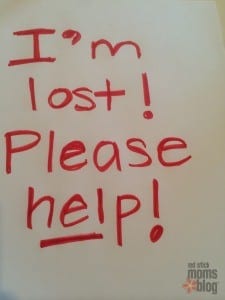

2. Trusting the Police. Here’s another area we as parents have to get called out on because of some of our natural mommy tendencies that were probably just learned through observing it as we ourselves were growing up. “If you get lost find a police officer.” Yes, this is great advice, wonderful advice. However, take a look around your natural environments and how often do you see a police officer? At the park, at the grocery store, at church, walking through your neighborhood, I rarely actually ever see one. What is your child supposed to do when they are lost and can’t find an officer to help them? (more on that in the next point) But there is something even more harmful that some parents are doing without thinking of the ramifications, and it needs to be addressed…
“You’d better behave or that officer over there is going to come arrest you and take you to jail!” Not only do officers *hate* to be used as your discipline technique, but you are instilling a harmful mindset in your children. I get it, it gets frustrating when our children don’t listen, we don’t always react the way we should, but this one needs to be removed from our parental vernacular! It is instilling a sense of fear in our children over what police do and who they are. It is also confusing. Do police help us or do they hurt us (because, hello, I don’t want to go to jail!) If I get lost because I wandered off from my mommy and broke the rules am I going to get in trouble and go to jail? Is he going to take me away forever and I’ll never see my mommy again? See the harm?!
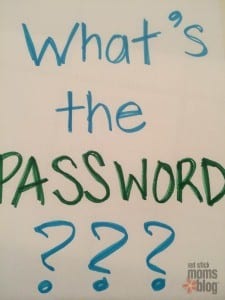

With something that is never 100% foolproof (yes, sometimes the mother with children may cause harm to your child, while the single man would get your child to safety) it is uncomfortable to try to instill in our children a sense of safety with people. This is why I think #1 is the most important point. There is also one other step of protection we can add when dealing with strangers. This is an oldie, but definitely a goodie! Teach your children a password and tell them they are only allowed to go with a person if they know what the password is. Your children can even make up their own that they will remember (like “fuzzy unicorn” or “pink papaya”) but make sure it will not be something easily guessed if someone has been observing them for a period of time (like a favorite color or TV character). Make sure your children know that anytime someone who is not you, your spouse, or regular caretaker asks them to go with them they must have the password. If the person does not have the password tell your child to immediately get away and find a safe person to be with! Also, do not put any identifying information where a stranger can see it and use it to gain trust in your child. A backpack or shirt with your child’s name on it, for example, gives a stranger the opportunity to approach them and say, “Hi, *insert child’s name here*! I’m your mommy’s friend and she wants you to go with me!” Your child may not have any alarms go off because this person had just used her name.
What are some of your best “safe people” tips? And keep an eye out for the next post where I will discuss one of the most common dangers facing our children.








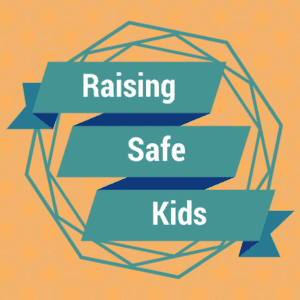
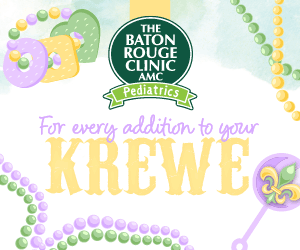

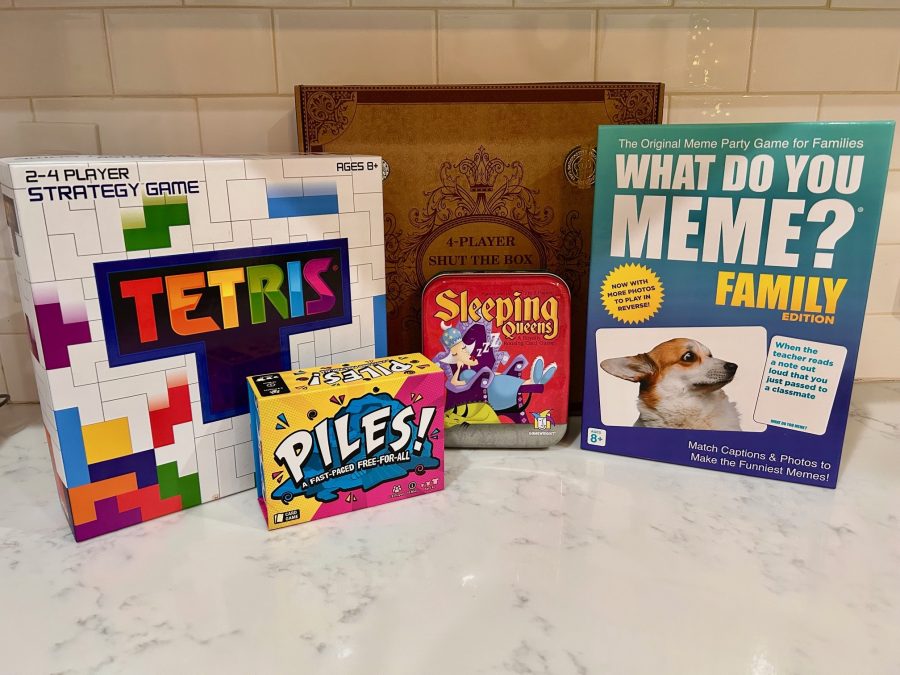





Good stuff! I think you would like the book “How to Raise Freerange Kids.” It freed me from the stranger danger worry:)